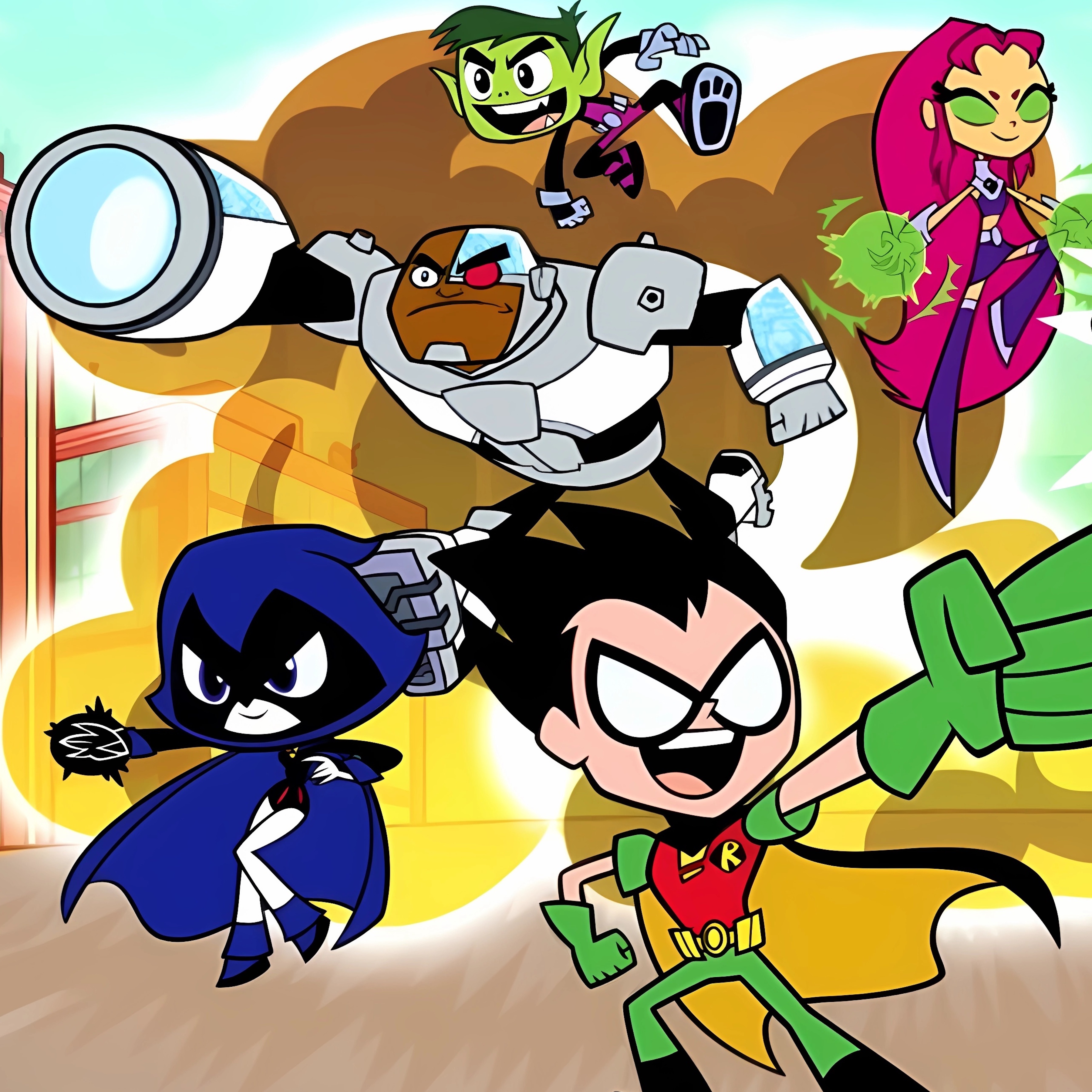Story Games
 Momo Horror Story
Momo Horror Story
 Save the Girl
Save the Girl
 Love Pins
Love Pins
 Princess Story
Princess Story
 Gladiator True Story
Gladiator True Story
 Braveland Heroes
Braveland Heroes
 Fairyland Merge And Magic
Fairyland Merge And Magic
 My Romantic Valentine Story
My Romantic Valentine Story
 Hidden Object – Home Makeover 2
Hidden Object – Home Makeover 2
 Fish Story
Fish Story
 Royal Society
Royal Society
 Family Hotel: Love & Match-3
Family Hotel: Love & Match-3
 Merge Hotel: Family Story
Merge Hotel: Family Story
 MathPup Story
MathPup Story
 Dog Puzzle Story 2
Dog Puzzle Story 2
 Fluffy Story 2
Fluffy Story 2
 Magic School Story
Magic School Story
 Arabic Night 1001
Arabic Night 1001
 Fish Story 2
Fish Story 2
 Fireboy and Watergirl 6: Fairy Tales
Fireboy and Watergirl 6: Fairy Tales
 Agent P: Rebel Spy
Agent P: Rebel Spy
 Ben 10 World Rescue
Ben 10 World Rescue
 Fruit Ninja
Fruit Ninja
 Ultimate Hero Clash 2
Ultimate Hero Clash 2
 Worms Zone a Slithery Snake
Worms Zone a Slithery Snake
 Jump City Rescue
Jump City Rescue
 Tweety's Pipe Pranks: Looney Tunes
Tweety's Pipe Pranks: Looney Tunes
 Fireboy and Watergirl 4: The Crystal Temple
Fireboy and Watergirl 4: The Crystal Temple
 Ben 10: Savage Persuit
Ben 10: Savage Persuit
 Finn and Bones - Adventure Time
Finn and Bones - Adventure Time
 Princess E-girl Fashion
Princess E-girl Fashion
 Brawl Hero
Brawl Hero
 Bubble Shooter Planets
Bubble Shooter Planets
 Jump Jousts - Teen Titans Go!
Jump Jousts - Teen Titans Go!
 Fireboy and Watergirl 5: Elements
Fireboy and Watergirl 5: Elements
 Cars Driver
Cars Driver
 Moto Road Rash 3D
Moto Road Rash 3D
 Unikitty Save the Kingdom
Unikitty Save the Kingdom
 Super Onion Boy
Super Onion Boy
About Story Games
The art of storytelling is as old as humanity itself. From cave drawings to folk tales told around the fireplace, stories have always been a vital medium of communication and entertainment. It was this allure of storytelling that gave birth to the gaming industry, and more specifically, the genre of story games.
Story games encompass a broad category of games in which narrative and plot development form the core of the game, while allowing for player agency and emergent gameplay. Remarkably, this immersive genre evolved from more traditional forms of storytelling, combining the human fascination with narrative with the interactive nature of video games.
The pioneers of story games often trace their origins to the tabletop role-playing games of the '70s and '80s, the most famous of which is Dungeons and Dragons. In these games, players created characters and participated in a story spun by a designated gamemaster, much like the narrative-driven video games we see today.
In the last few decades, story games have exploded onto the electronic gaming stage, attracting a diverse audience and making a significant mark on online gaming. From teenagers enchanted by the magical world of Harry Potter to adults who enjoy solving mysterious crimes in L.A. Noire, fans of story games come from all walks of life.
What types of story games are there?
As diverse as the stories that inspire them, story games span a variety of genres and sub-genres. From fantasy and sci-fi epics to detective stories and horror thrillers, the scope of story games is as boundless as the imaginations of their creators.
Role-playing games (RPGs), for example, offer players the chance to immerse themselves in meticulously crafted worlds, such as BioWare's Dragon Age series and Bethesda's Elder Scrolls games. Here, players are immersed in an epic narrative and shape the story through their choices and actions.
Interactive drama games, such as those created by Quantic Dream and Telltale Games, place a heavy emphasis on character development and decision-making. Games like Detroit: Become Human and The Walking Dead have been praised for their immersive storytelling and branching narratives.
Visual novels represent another compelling subset of story games. Particularly popular in Japan, these text-based games often involve player choices that affect the overall progression of the narrative. Titles such as Doki Doki Literature Club and Clannad have achieved worldwide fame in this genre.
What you can learn from story games
Beyond the entertainment value, story games have a lot to offer. They can encourage strategic thinking, problem solving, moral reasoning, and even empathy. By presenting players with challenging scenarios and moral dilemmas, these games can encourage introspection and personal growth.
Best Online Story Games
- The Witcher 3: Wild Hunt: CD Projekt's RPG masterpiece immerses players in a richly woven narrative in a complex fantasy world.
- Heavy Rain: A gripping interactive drama and action-adventure game where player choices can significantly alter the storyline.
- BioShock Infinite: This first-person shooter game has been praised for its strong narrative that deals with deep themes and alternative history.
- The Last of Us Part II: A post-apocalyptic adventure game known for its deeply emotional story and well-rounded characters.
- Firewatch: A gripping first-person mystery game set in the Wyoming wilderness, filled with stunning visuals and compelling storytelling.
Conclusion
In essence, story games represent a beautiful marriage of traditional storytelling and modern gaming technology, offering players an interactive platform to explore intricately crafted narratives. As the gaming industry grows, so does the potential for more compelling and immersive story games, promising a bright future for this beloved genre.





















